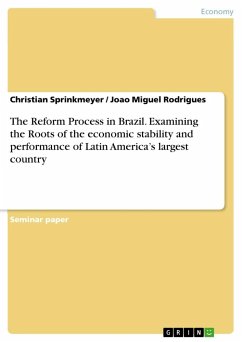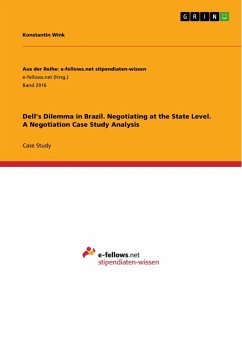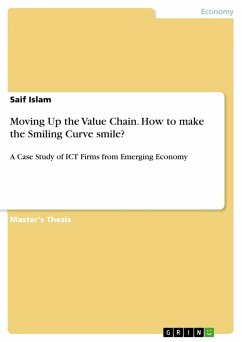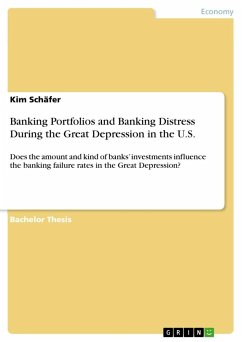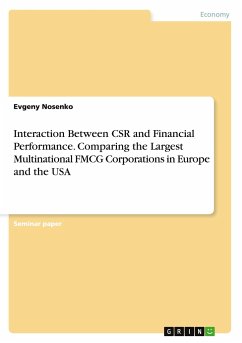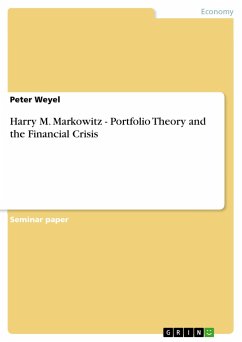Seminar paper from the year 2009 in the subject Business economics - Miscellaneous, grade: 1,3, Otto Beisheim School of Management Vallendar, language: English, abstract: This paper analyzes the path that Brazil's economy has taken to reach today's status; the status of a stable economy that shows high potential to meet the challenging expectations that economists set on it. The idea is to source the roots of the economic stability and performance of Latin America's largest country and to highlight the implications it will have in the near and remote future.Chapter 2 focuses on the Real Plan launched in 1994. A set of reforms which transformed Brazil's economy from a protected economy facing four-digit inflation rates into a stable economy capable of competing with developed economies. It discusses the implementation of the Real Plan, its measures and its positive and negative consequences for the Brazilian economy.Furthermore we are going to deal with the recent past of Brazil's economy since the presidential elections in 2002, when the leader of the workers' party Lula da Silva was elected. We focus on the economic policy of the president and its government, whose election has almost led to the default of the Brazilian state because financial markets were afraid that the socialist candidate would pursue a 180 degree turn compared to the neoliberal economic policy of his predecessor. We analyze why Brazil was one of the last countries being affected by the financial crisis and why it was one of the first to leave it behind.Chapter 3 analyzes on the one hand the agricultural, the industrial and the service sector and on the other hand the trade and the domestic demand in Brazil. First of all we will clearly show the development of the three economic sectors until today and point out their influences on each other. In this context we will search for reasons for the strongly growing service sector and for the decreasing economic relevance of the agricultural and the industrial service sector. But of course we cannot neglect those two sectors in the Brazilian economy.The fourth chapter of this paper evaluates the future potential of Brazil. The basis for this section is an analysis of the four conditions for growth mentioned by Goldman Sachs (2003).

